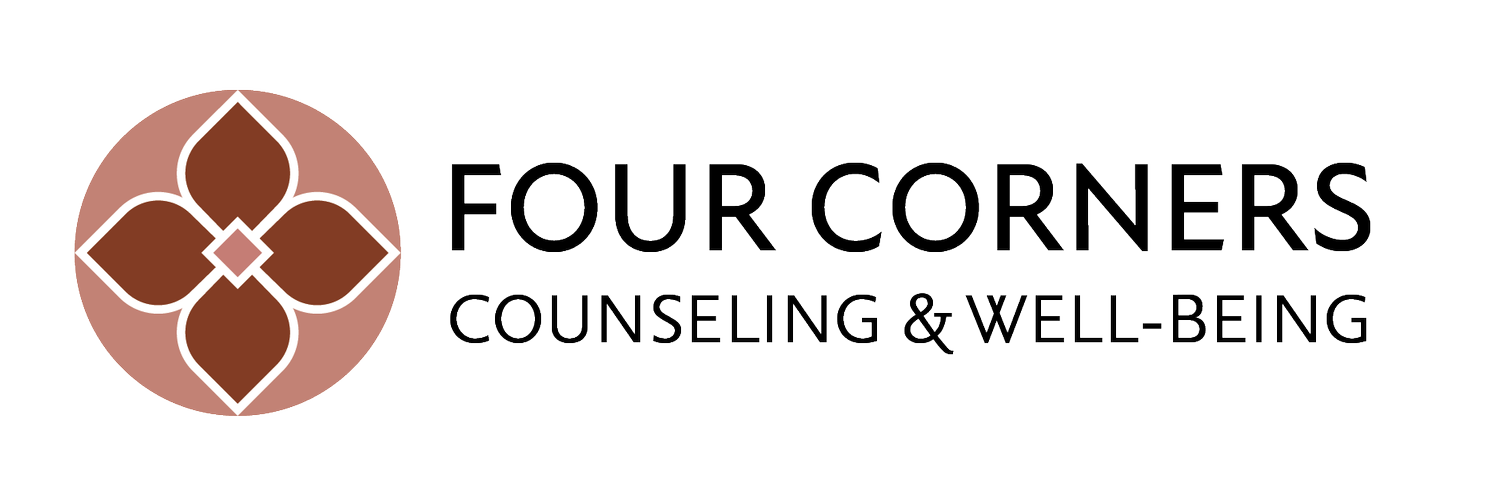All Parts are Welcome: The Life Changing Power of Internal Family Systems
Recently, I was decluttering and organizing my home using the principles from the popular home organizing book by Marie Kondo, “The Life-Changing Magic of Tidying Up.” In her soothing and encouraging tone, Kondo urges readers to graciously let go of possessions that do not “spark joy” and to develop an intentional stance of loving attention and gratitude for our remaining possessions. Internal Family Systems, the model of therapy which I have embraced as a clinician, feels similar to Kondo’s approach toward possessions. In IFS, we attend graciously and lovingly to the thoughts, feelings, beliefs and sensations that we possess internally.
At its core is the concept of ‘Self’ and ‘parts’ which I define simply as a compassionate acceptance and appreciation (Self) of all the things (parts) that are inside of us - sensations, thoughts, feelings, beliefs, memories and perspectives. My friend and colleague, Anna Maria Francis, PhD, defines IFS this way: “Internal Family Systems is a collaborative therapeutic model that leads to client transformation in a non-pathologizing manner. IFS allows clients to quickly access their Self, which is an innate state of compassion and wisdom. From this place of Self leadership, clients can heal the blocks and traumas that constrain their lives.”
IFS Origins
IFS was first conceptualized by Richard Schwartz, PhD in the early 1980s. Schwartz was a Chicago-based family systems therapist working with clients suffering from trauma and eating disorders. As he tells it, he began to listen to how his clients were talking about their experiences and noticed that they would say, “A part of me…” when describing polarities of thinking and behaving. Over time and with input from his clients, he developed the model of an internal family of ‘Self’ and ‘parts.’ For more about how IFS began, I recommend Dr. Schwartz’s article “The Larger Self.”
IFS, from Daily Life to Practice
Tuning into our own daily conversations with friends, family and colleagues, we can notice many references to ‘parts.’ It is almost a part (he, he) of our collective unconscious to speak this way. I bring this awareness to my work with clients using a two-pronged approach: Formal Parts work and Informal parts work. I think of these two approaches to parts work as similar to formal and informal mindfulness practice, e.g. the formal practice of mindfulness meditation vs. becoming a more informal daily mindfulness in which we are aware of ourselves and our surroundings, moment to moment, without judgment. In formal parts work, I either guide the client to develop a conscious Self-to-part relationship with their internal system (called ‘Insight work’ in the IFS model) or I foster a direct relationship between my ‘Self’ and the client’s part/s through an IFS method known as Direct Access. This method is useful when a client is blended with a part/parts, i.e. they they don’t have a conscious awareness of the thought/feeling/sensation/reaction which they are expressing as being a part of them. They are speaking or acting ‘from the part’ rather than ‘for the part.’ This frequently occurs with clients who have a significant trauma history or who struggle with being able to identify and modulate emotions.
The goal is for clients to develop the transformative ‘Self-to-part’ relationship that allows for the witnessing of unhealed trauma. Ultimately, clients will benefit from the therapeutic process of ‘unburdening’ those painful memories and outdated roles that young parts may have held onto for years. Once this unburdening occurs, parts can settle into more authentic and functional roles within the internal system. This leads to increased harmony internally, and the development and strengthening of life-changing perspectives and attitudes. These new ways of relating to oneself lead to harmony among their relationships and ultimately a sense of wholeness and increased peace in their lives.
IFS in action
In ‘Informal parts work’ (my term), I simply begin to remind myself that whatever comes out of a client’s mouth is a ‘part’ - and whatever comes out of my mouth too, for that matter! I engage with the presenting parts with as much curiosity and compassion as I can muster. This stance of openness and receptivity to whatever the client brings into the therapeutic space can be described as Self energy or Self presence. I also liken it to the Buddhist concept of beginner’s mind, which reminds us to approach situations and interactions with an open and non-judgmental attitude. ‘Self’ can be conceptualized in a variety of ways, e.g. the G-d within, the Source, Higher Self, Higher Power, Inner Wisdom, Connection to the Transcendent, etc. There is an openness to spirituality and a transcendence in IFS that is invigorating while not being intrusive. This model is also flexible enough to use with those clients who don’t connect to spirituality.
I introduce clients to the concept of ‘Self’ and ‘parts’ gently. I have developed a signature meditation, “The Four Corners Meditation” which I often use to introduce new clients to the concept of parts. I also listen carefully for when clients refer to their inner experiences as “a part of me…” and I will reflect that back using parts language: “So, what I hear you speaking for is a part of you that…” Soon, clients become familiar with identifying their various thoughts, feelings and sensations as ‘parts’ and are ready to develop a direct Self-part relationship. Then, they are on their way to a new, transformative relationship with themselves, with others, and with the world around them.
Reach out to learn more about Internal Family Systems and how we can help you learn about your Self and your Parts.

